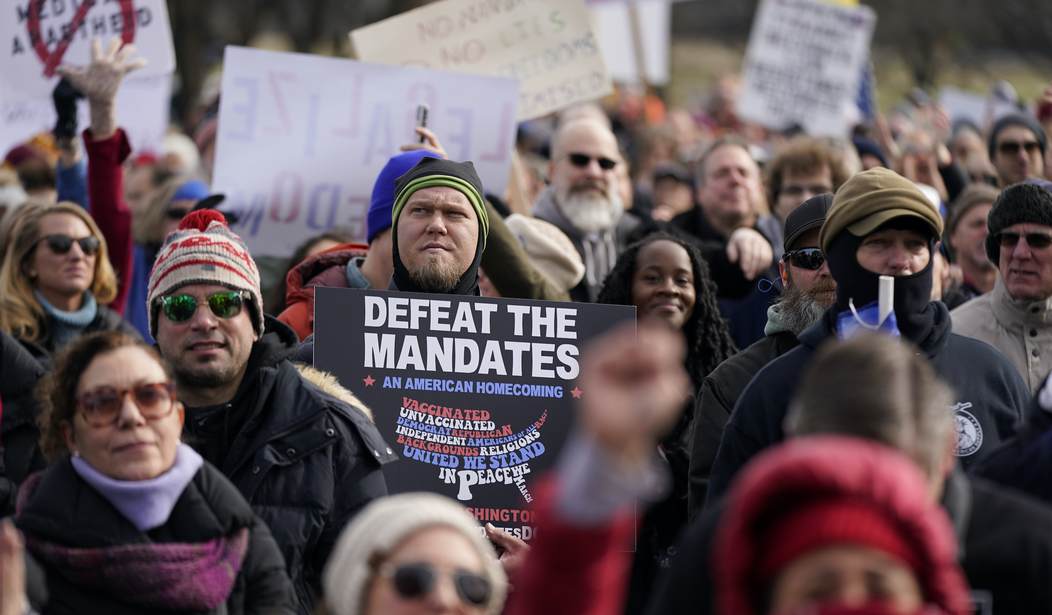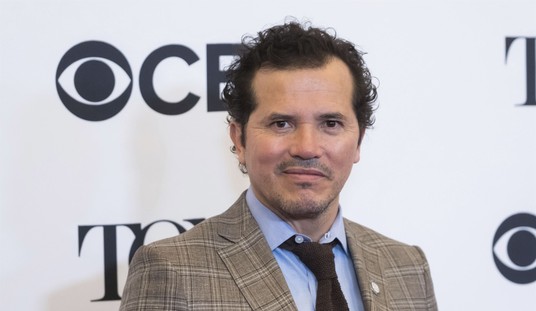After the COVID-19 vaccines became available to the general population, the Federal government began to lean on companies to impose vaccine requirements as a precondition for working. Although most employees complied, there was a small percentage of workers who refused — even under threat of being fired.
Tens of thousands of public sector employees lost their jobs because of the mandate. And the number of private sector workers fired for not getting jabbed is easily in the hundreds of thousands.
But with the “Great Resignation,” employers are finding it extremely difficult to fill positions with vaccinated employees. So, very quietly, companies are dropping the vaccine mandates to fill positions.
Related: D.C. Will Delay Enforcing Vaccination Mandate Due the Potential For Empty Classrooms
These moves signal that we’ve shifted into a new chapter of the pandemic — and that employers are desperate to get people back to the office.
Employers are trying to reduce any barriers to entry for new hires, says Erin Grau, co-founder of Charter, a media and services company focused on the future of work, who’s hearing from executives who are dropping their mandates.
The requirements are also expensive and time-consuming for employers — another reason to stop, she adds.
“[Companies] decided that the rationale for [mandates] had become weak enough that they don’t want to continue,” Jeff Levin-Scherz, population health leader at Willis Towers Watson, tells Axios.
Yes, but: There’s a risk that dropping these requirements would make some workers less willing to mingle with their colleagues — for fear of becoming sick.
As we’ve seen, the vaccines have done little to stop the spread of the virus, although there is ample evidence those who contract COVID don’t get as sick as the unvaccinated. And there may have been a rationale at one time for employees at risk of serious illness — obesity, diabetes, asthma or chronic lung disease, sickle cell disease, or who are immunocompromised — to get vaccinated. But for healthy adults, the vaccines offer little in the way of immunity from COVID.
So says the science. And the White House appears to have dropped the recommendation for mandates in the workplace in their new guidance.
The White House yesterday called on businesses to take certain actions to protect employees and customers from COVID-19 this fall. Mandates weren’t on the list.
Instead, the administration says employers should be “helping their employees access updated COVID-19 vaccines.” The White House also recommends employers share information on treatment options and improve indoor air quality, as well as provide paid time off for anyone getting a shot.
There are other things employers can do, as well, like telling people not to come in if they’re sick, and, “if possible, offer remote work for those with symptoms,” says Dr. Leana Wen, a public health professor at George Washington University.
What of the employees who refused to get vaccinated and lost their jobs because of it? Most employees quit in advance of the imposition of the penalty for not getting jabbed. But for anyone who didn’t get vaccinated, the chances are very good that if they’re still looking for a job, they shouldn’t have any trouble getting hired — vaccinated or not.










Join the conversation as a VIP Member